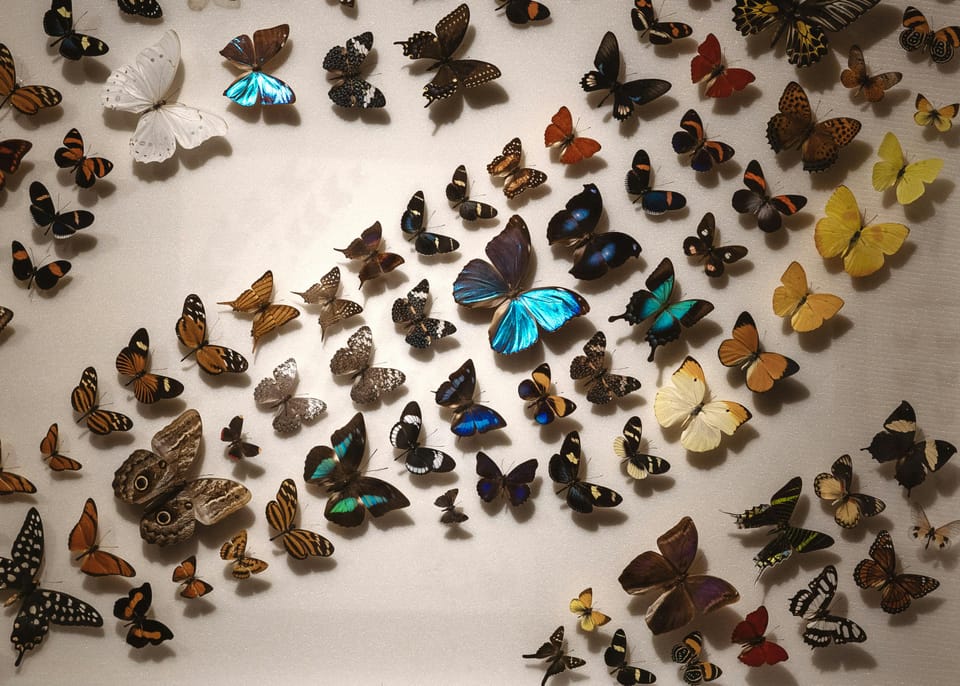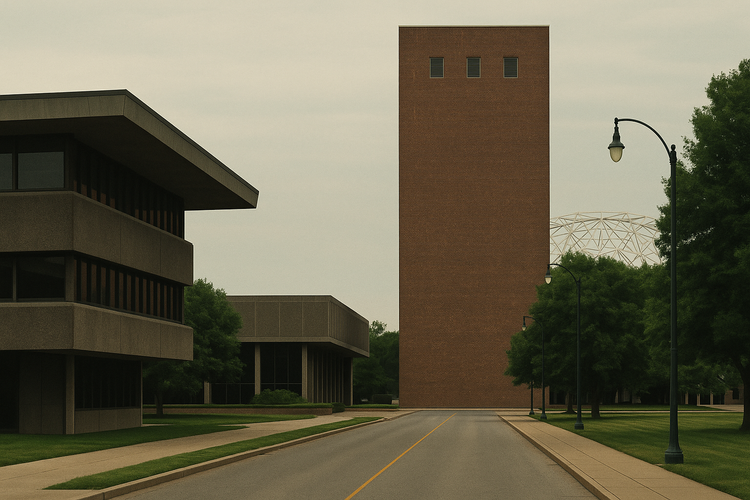Past Lives (2023): The Ones Who Stay

⚠️ SPOILERS BELOW for Past Lives (2023). Proceed with care.
Celine Song’s Past Lives opens at a New York bar with a quiet challenge: three people sit together—two speaking Korean, one listening in silence—and we, the unseen observers, are invited to guess the shape of their connection. Lovers? Friends? Something more complicated? It’s a framing device that seems to wink at our tendency to project—only to be gently dismantled over the course of the film.
What unfolds is not a love triangle, exactly, but something softer and sadder. A meditation on time, migration, language, and all the versions of ourselves that could have existed. There’s deep feeling here, but no melodrama. No betrayal. Just the ache of roads not taken, and the quiet grace of staying present in the ones we did.
I was deeply moved by this film. Not undone, exactly, but left quiet. The kind of quiet that follows something true.
There’s a visual poetry at work throughout Past Lives, but it rarely calls attention to itself. In one early moment, two children—Nora and Hae Sung—walk side by side after learning her family is emigrating from Korea. When they part, they each take a separate path, the camera holding as they diverge into separate lives. It’s a small gesture, but it carries the full weight of what’s to come: this is a story about distance, both geographic and emotional, and how easily closeness becomes memory.
Years pass. The two reconnect as young adults over Skype—tentative, excited, wide-eyed—and begin to build a fragile long-distance intimacy. But Nora, now in New York, is pulled between worlds. She still speaks Korean, but must study how to type it. She dreams in one language and works in another. The time difference isn’t just temporal—it’s existential. Eventually, she chooses to pause the connection, too torn to live in two emotional time zones at once.
And yet, even as new life blooms—marriage, writing, stability—something lingers. Another twelve years pass. Hae Sung visits New York. The reunion is awkward, beautiful, painful. There’s a moment by a fountain where they stand with statues behind them—figures facing away from one another. Earlier, in a memory, they sat in a Korean park surrounded by statues facing toward one another. The reversal is quiet but piercing. Time has turned them. The figures remain, but their orientation has changed.
Throughout, Song layers gentle symbols: a blue butterfly, thunderstorms, merry-go-rounds, circular fountains. Each evokes the same question—what recurs? What loops back? What, if anything, remains from the lives we almost lived?
One of the most quietly devastating threads involves Nora’s husband, Arthur. He hears her speaking to Hae Sung in Korean—an intimacy he can’t access. He admits to learning the language, not out of jealousy, but so that “maybe someday I could be in your dreams.” It’s a line so raw, and so quietly offered, it nearly disappears into the film’s hush. But it lands like truth. Arthur isn’t afraid of the past—he’s afraid of being excluded from her inner life.
Later, Hae Sung tells Nora, “To Arthur, you’re someone who stays.” A line with no malice, only clarity. It reveals the film’s central question: What do we do with the people who never really left us, even when life moved on?
As the story returns to the bar where it began, the game of guessing is played again—this time by the characters themselves. They imagine versions of themselves across past lives, wondering what they were to each other in another time. It’s a quietly devastating reversal. What seemed speculative at the beginning is now personal. These aren’t imagined people—they’re themselves, grieving gently for what never came to pass.
When Hae Sung finally leaves, Nora walks him to the curb. Then she returns, and Arthur—her husband, the one who stayed—holds her as she cries. It’s not a victory or a choice, exactly. Just a moment of recognition. Of holding space for sadness without trying to resolve it.
Past Lives doesn’t answer its own questions. It doesn’t need to. Instead, it offers something rarer: a film willing to sit in the ambiguity of love and time without rushing to judgment. We’re left with memory, with presence, with the ache of what might have been and the quiet miracle of what is.
It’s a beautiful film. And I loved it.
Explore more quiet film essays in the Film Reflections collection.



Comments ()